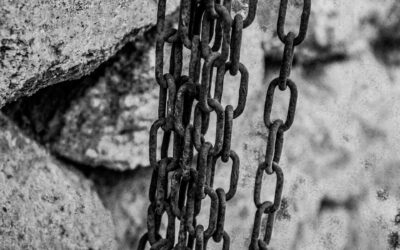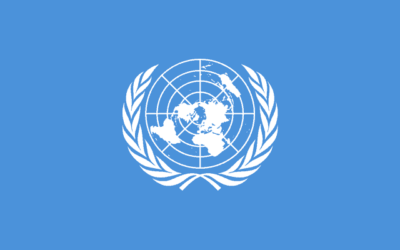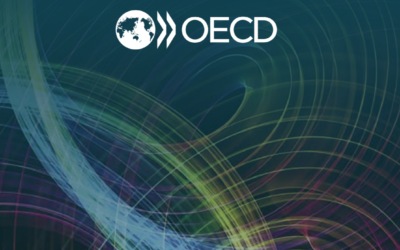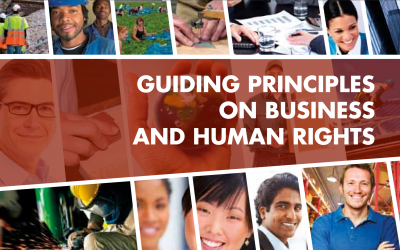As set out in the UN Guiding Principles, human rights due diligence is a process for identifying, preventing, mitigating, and accounting for human rights impacts. This includes both actual impacts occurring in the present and potential impacts that could occur in the future. A key component of human rights due diligence is meaningful engagement with stakeholders, particularly rights-holders such as employees, community members, supply chain workers, and consumers.
The HRDD process includes four core components: identifying and assessing actual or potential adverse human rights impacts that the company may cause, contribute to, or be directly linked to; taking appropriate action and integrating findings from impact assessments across relevant company processes; tracking the effectiveness of measures in order to assess whether they are working; and communicating with stakeholders about how impacts are being addressed and showing stakeholders that there are adequate policies and processes in place.
Human rights due diligence helps companies avoid negative human rights impacts, and as such, manage their risks and reputation. Companies that do not adequately address their human rights risks may face strong community opposition, which can ultimately cause them to lose foreign investment and/or shut down operations altogether.
For more information, see the Business & Human Rights Resource Centre Human Rights Due Diligence Portal.








